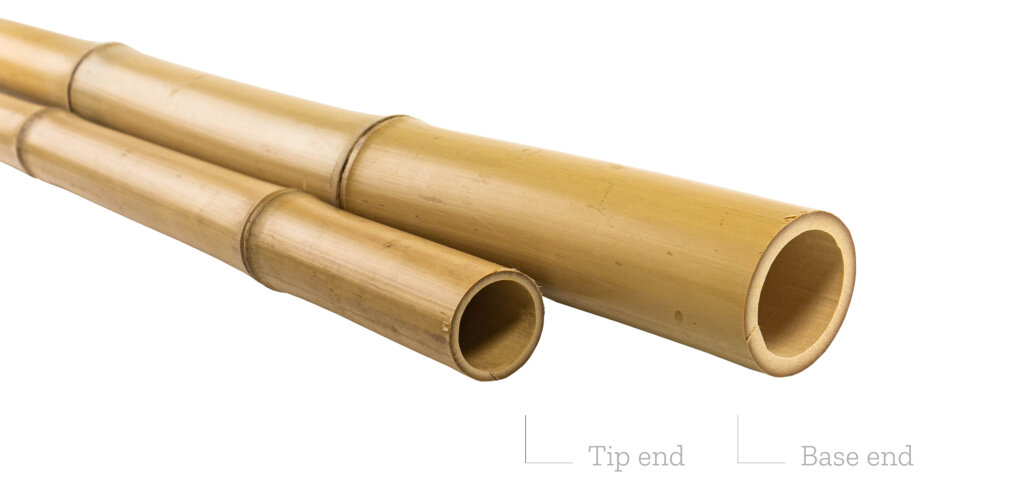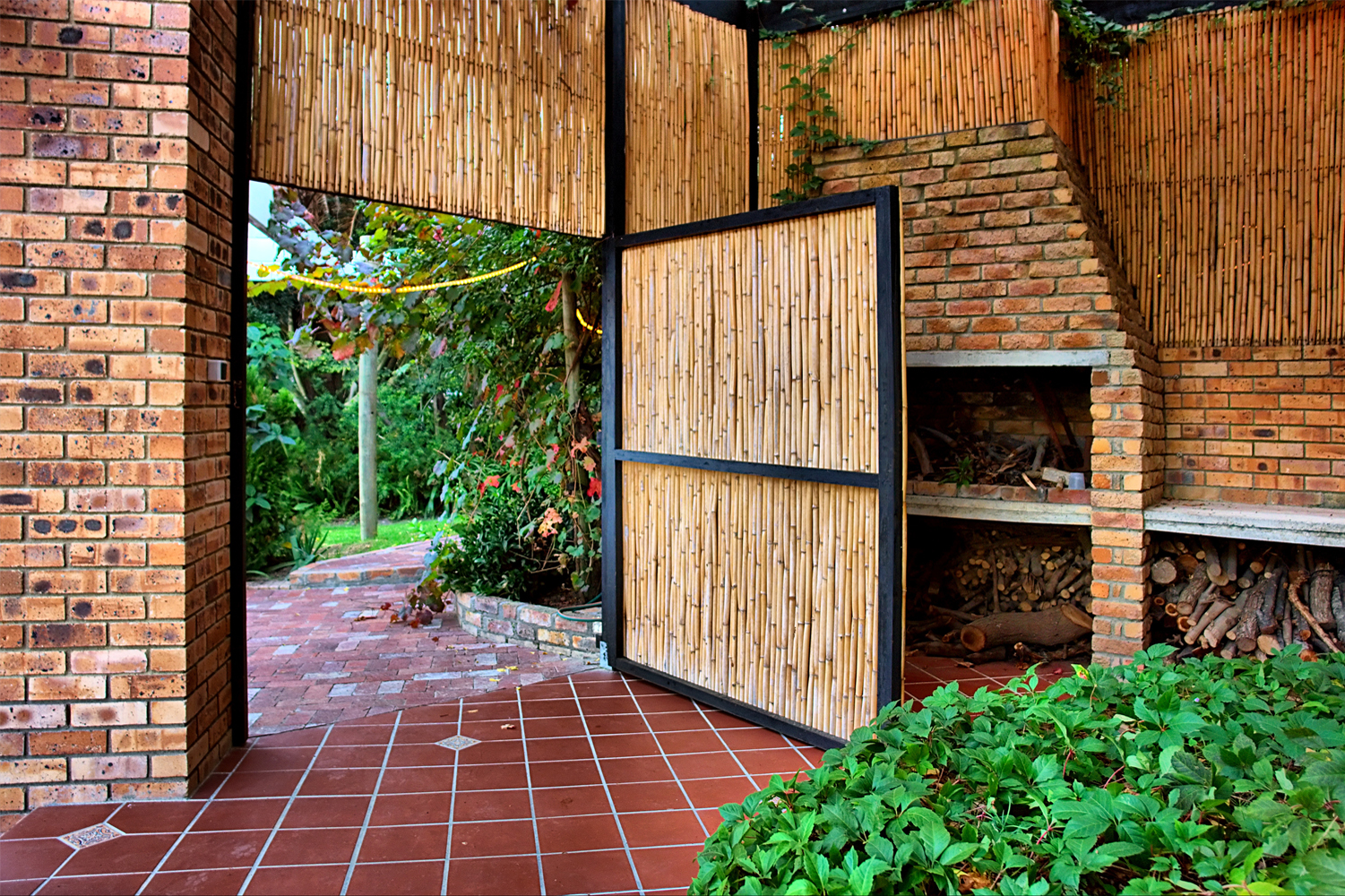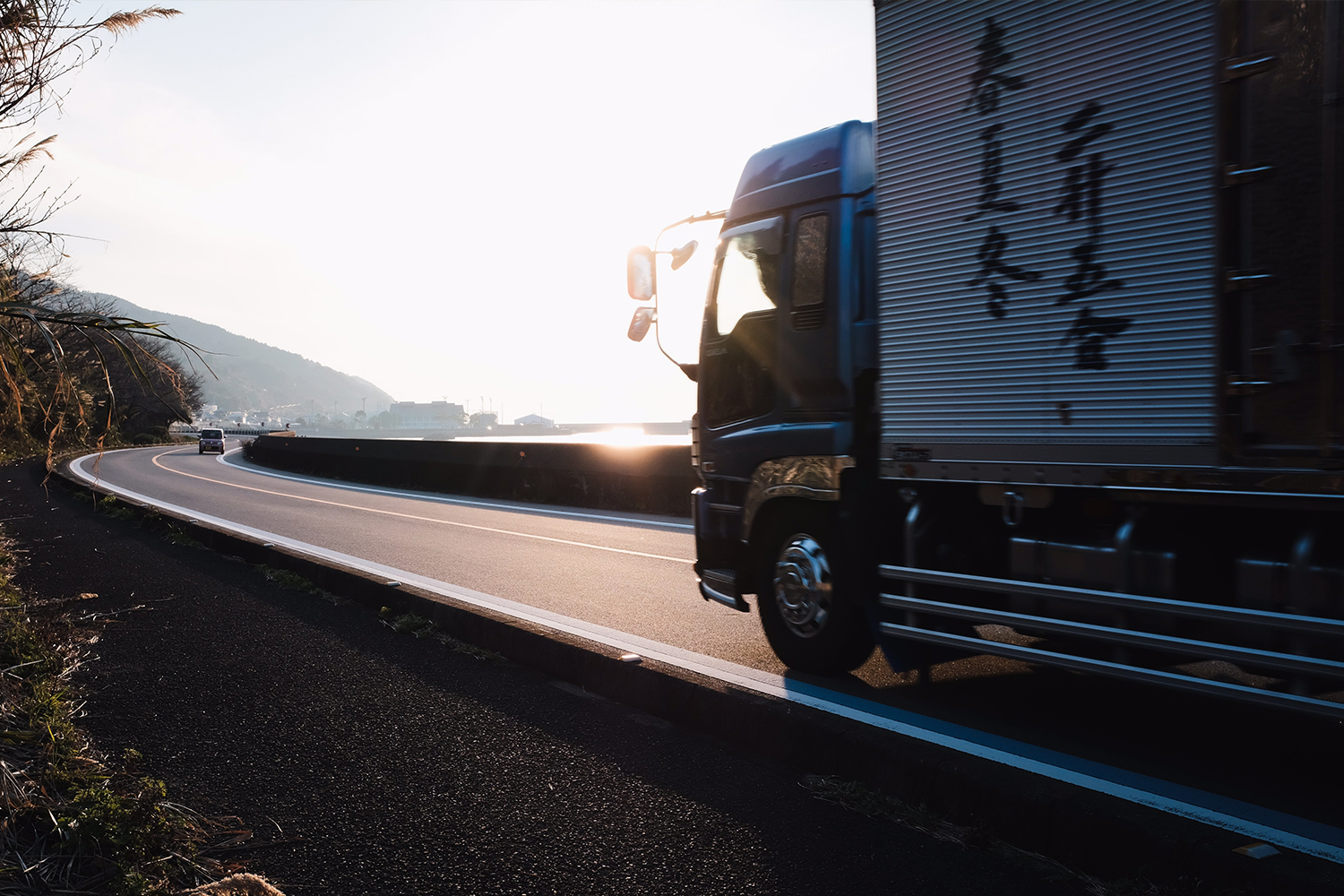Top bamboo questions
Bamboo is a carbon sink.
As a species of giant grass, some bamboos can grow up to a metre in 24 hours in the right conditions. This lightning-fast growth means that bamboo fully matures in approximately 5 years, as opposed to 80 years for European Oak, and releases 35% more oxygen than an equivalent mass of trees.
“Bamboos are C3 plants and have normal photosynthetic capacities, so their main advantage for mitigating climate change lies in their fast biomass generation and in their renewability” (p7, INBAR Working Paper No. 65).
The rhizomatic root system sequesters carbon and harvesting poles does not harm the mother plant, but further stimulates growth (similar to coppicing trees). Careful selection of mature poles results in a fast-growing, readily available native crop that does not harm the environment. As long as the mother plant with its sequestered carbon remains intact and the bamboo is used in a durable application, bamboo’s eco-credentials (e.g., carbon capture ability) are unrivalled by traditional soft and hardwood crops.
Global companies like Nestlé are turning to bamboo to offset their carbon footprint by planting forests too.
Contrary to popular belief that bamboo is a wood, it is actually a giant grass. Typically, bamboo is mature and ready to harvest after 3 – 5 years.
Bamboo is the fastest growing plant in the world, with certain species like the Chinese Moso bamboo growing up to 1 metre (3 feet) in just one day in with the right climate and soil conditions.
No. Our bamboo comes from sustainably managed forests.
Our stock of bamboo from China (Phyllostachys edulis, Phyllostachys nigra, Phyllostachys bambusoides f. lacrima-deae) grows in Anji County, in the north-west of Zhejiang province. Over a thousand kilometres away in the mountainous regions of the provinces of Sichuan, Shaanxi, and Gansu, the natural habitats of giant pandas are found. The Chinese government has placed large areas of bamboo forests under protection to safeguard the species. As such, no pandas are harmed by our activities.
As bamboo is an extremely versatile material and we offer a large range of products, there are very few industries that we don’t work with. At a glance, some industries / sectors include – architects, artists, sculptors, flag makers, kitchen fitters, landscapers, events, hospitality, education (schools & universities), carpenters and even flute makers!
Each bamboo pole is unique, so an exact figure cannot be given. Tapering varies a lot between species, with some of the thinner poles tapering down as much as 60%.

We try our best to stock quality poles that do not have extreme tapering (we expect an average of around 30%), but as bamboo is a natural product and there is no way to control nature and tapering, any projects that have a focus on diameter need to factor this in – perhaps by ordering the next size up.
For projects requiring poles that are less likely to taper, we recommend the Guadua bamboo.
Most of our bamboo is untreated.
On products that have been stated as treated, the bamboo is cured in Borax acid and salts. This is so the product can be legally shipped worldwide from the source forest.
Click here to view more information on the safety of our treated products.
No, unfortunately. This is down to current UK building & planning regulations surrounding commercial construction.
There are many people such as architects and university professors in talks with the government with the goal of getting bamboo approved within the construction industry (as it is in countries where bamboo grows).
We sell many bamboo poles for foundation piling, and the bamboo for this application appears to be growing. Elsewhere, bamboo is used for small structures and art installations. The likes of Bamboology’s sculptures and Atlas Domes’ geodesic domes for events are great examples.



